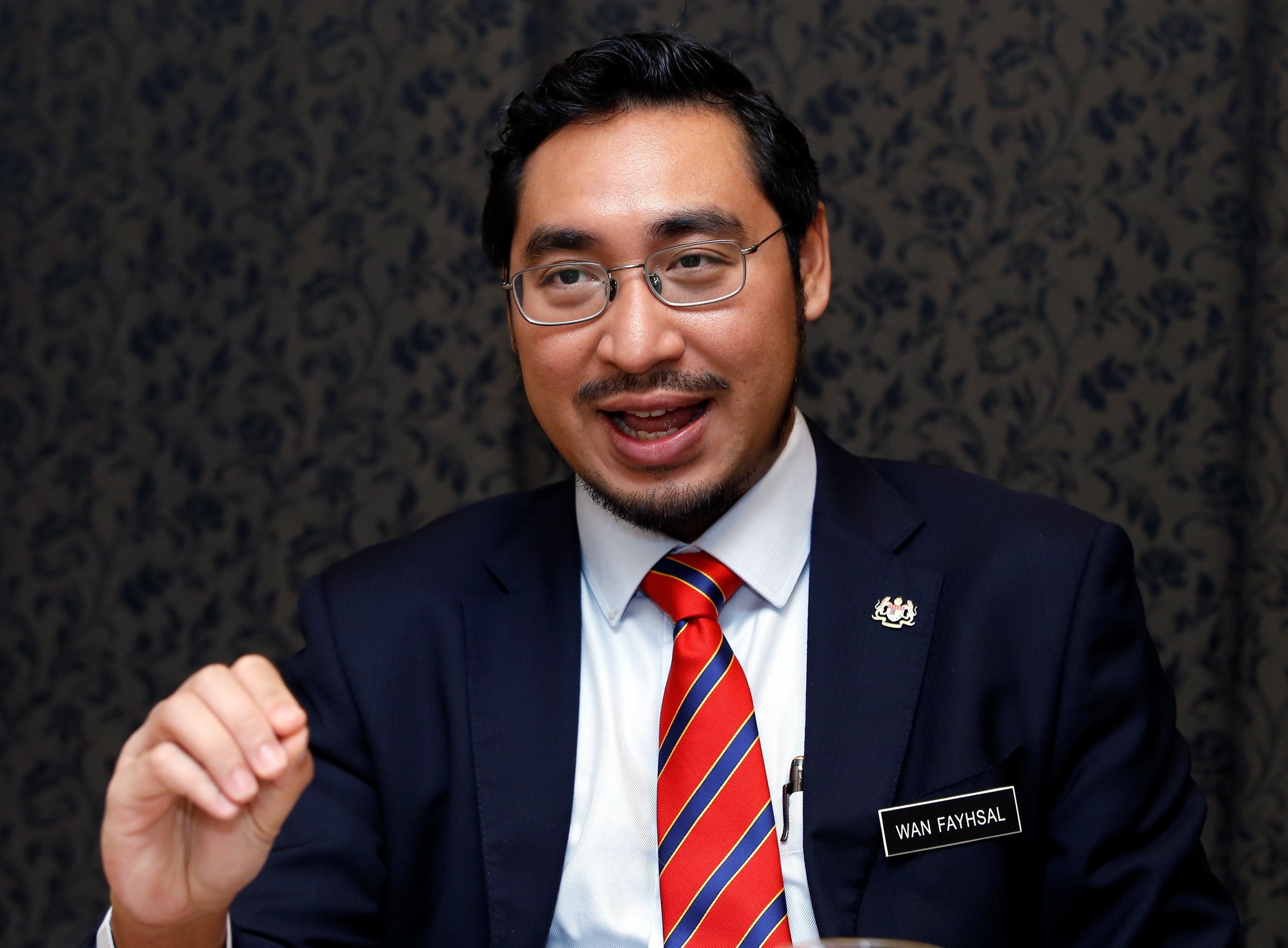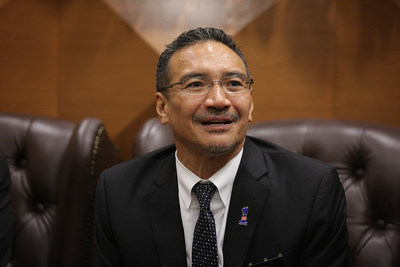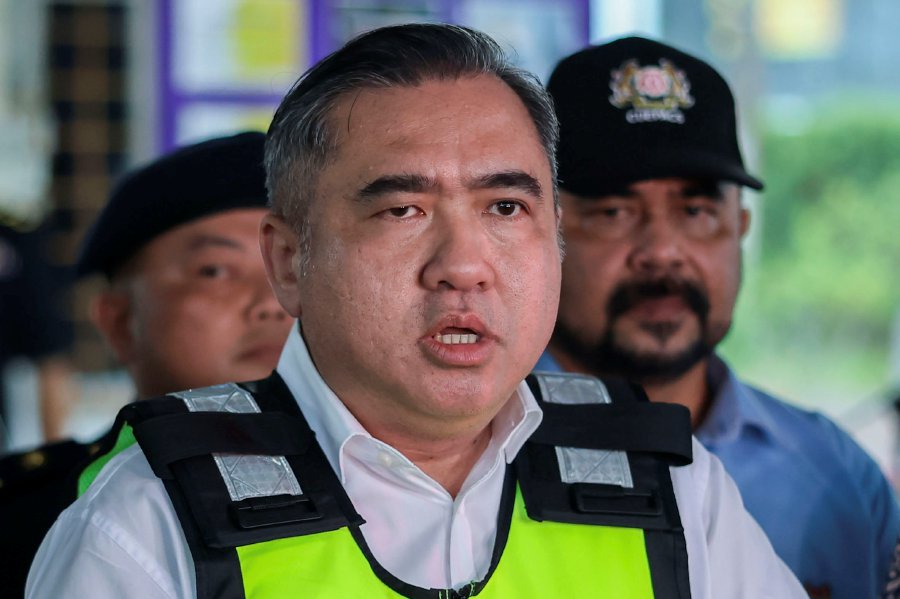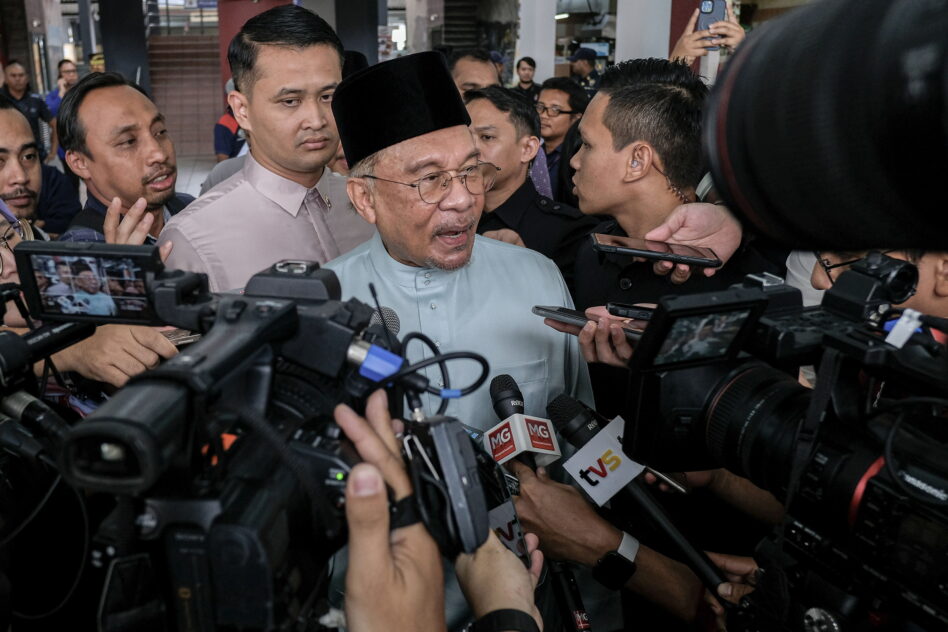A BERSATU leader has dismissed Prime Minister Datuk Seri Anwar Ibrahim’s announcement that the government is planning to slash education subsidies for children from wealthy families.
The party’s Youth chief Wan Ahmad Fayhsal Wan Ahmad Kamal said the “ultra rich” do not care about education subsidies as they send their children to international schools that cost tens of thousands of ringgit a month rather than fully residential schools (SBP) or Mara Junior Science Colleges (MRSM).
“To me, Anwar’s announcement is a cheap rhetoric to attack and pit the rakyat against one another. The ultra-wealthy do not care, nor benefit from SBP or MRSM, which are subsidised by the government,” the Machang MP was quoted as saying to Sinar Harian.
On Monday, Anwar said the government is examining the distribution of education subsidies to the people.
Anwar, who is also the finance minister, explained that the elite and wealthy currently enjoy subsidies in the education sector.
“As far as I understand, there are children of the rich who enjoy education facilities funded by the government, compared to children of the poor.
“What should we do? This form of leakage, including the children of those from the wealthiest groups going to secondary schools aided and highly subsidised by the government, should be stopped,” he said.
Elaborating, Wan Fayhsal said Anwar either does not understand the reality about the elites or pretends not to know.
“I think the prime minister’s remark is incorrect as the fact is the ultra-wealthy do not care about education subsidies,” he remarked.
Anwar’s announcement had similarly drawn flak from Bersatu’s associate wing, whose information chief R. Sri Sanjeevan said the idea to reduce education subsidies for the rich goes against efforts to develop an inclusive national education system.
In a statement on Wednesday (Oct 2), Sanjeevan called the proposal a populist move aimed at garnering short-term political mileage.
He also noted the definition of wealthy families should be clearer, as unclear parameters could lead to injustice and manipulation.
“Such a proposal can bring about bigger international implications, which could undermine Malaysia’s international image and go against our commitments towards the United Nations’ Sustainable Development Goals (SDG), which emphasises quality education for all,” he added.
Sanjeevan said the government’s proposal is not only a serious policy mistake but could also pose a threat to Malaysia’s future.
“This proposal can undermine unity and competitiveness among the people. A strong public education is the core of a competitive nation,” he further noted. – Oct 2, 2024









